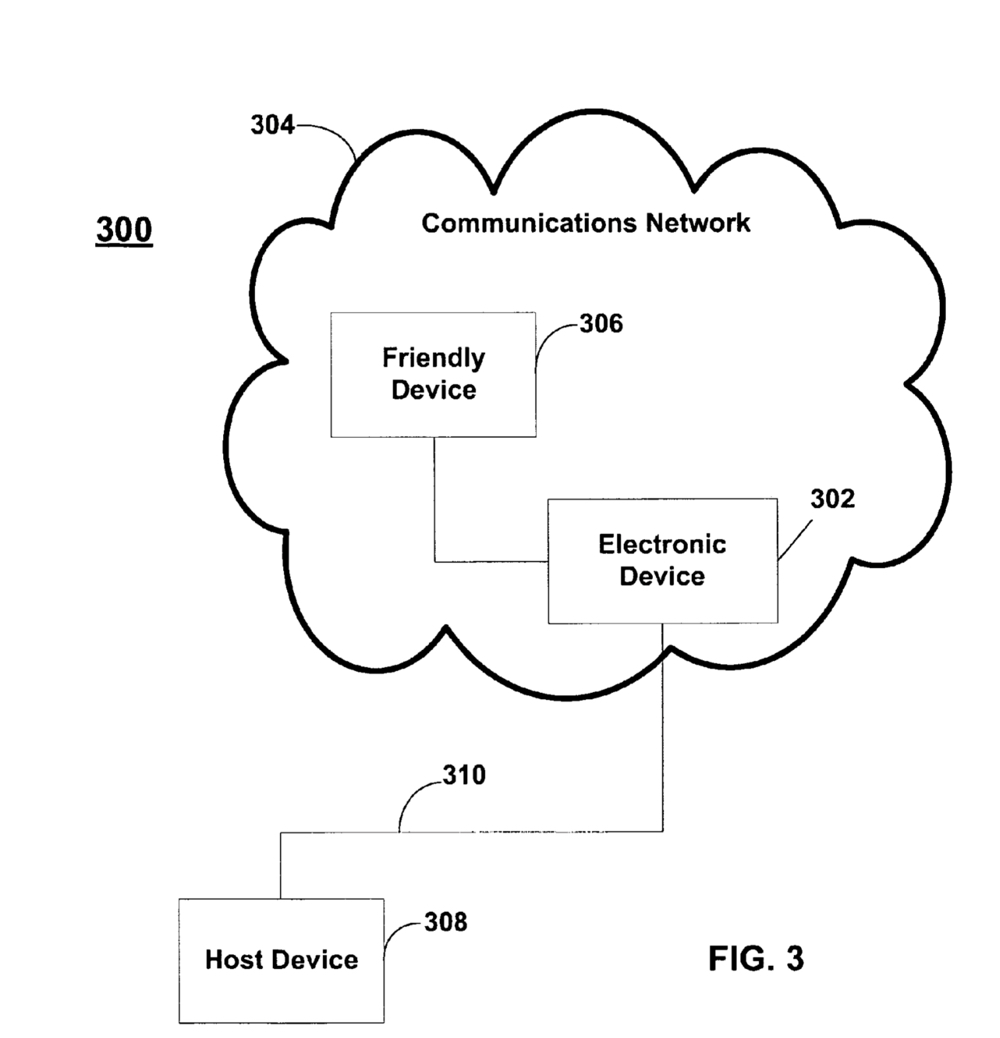Apple files for — and is granted — lots of patents by the U.S. Patent & Trademark Office. Many are for inventions that never see the light of day. However, you never can tell which ones will materialize in a real product, so here are today’s patent highlights:
Apple has been granted a patent (number 20160155330) for “routing based on detected stops.” The invention allows an iPhone or iPad (and perhaps an Apple Watch) to transmit traffic information to a server for analysis.

Users of many mobile devices can input a destination and the mobile device can present one or more routes from a start location to a destination location. Often route information will include the distance from the start location to the destination location. Sometimes the route information will include an estimate of the amount of time that it will take to travel from the current location to the destination location based on distance and speed.
The user may select which route to take based on the distance or estimated time. However, the estimated time may be inaccurate due to traffic conditions that may not be known and/or included in the time estimate. Apple wants to change that.
Per the patent, traffic information can include movement information including detected stops and durations of detected stops. The traffic information can be analyzed to detect traffic patterns that indicate locations of stop signs and/or stop lights. The traffic information can be analyzed to determine durations of stops at stop signs and/or stop lights.
The durations of stops can be associated with a time of day and/or day of the week. In some implementations, navigational routes can be determined based stop sign and/or stop light information, including the delays attributable to detected stop signs and/or stop lights.
Moving along: Apple has been granted a patent (number 2016054950) for “systems and methods for identifying unauthorized users of an electronic device.” The goal is, of course, to prevent other folks from accessing your iPhone, iPad, or Mac laptop.

According to the invention an unauthorized user of the electronic device can be detected by identifying particular activities that may indicate suspicious behavior. He/she could be detected by comparing the identity of the current user to the identity of the owner of the electronic device.
What’s more, when an unauthorized user is detected, various safety measures can be taken. For example, information related to the identity of the unauthorized user, the unauthorized user’s operation of the electronic device, or the current location of the electronic device can be gathered. As another example, functions of the electronic device can be restricted. Finally, the owner of the electronic device can be notified of the unauthorized user by sending an alert notification through any suitable medium, such as, for example, a voice mail, e-mail, or text message.
Finally, Apple is — no surprise — working on ways to extend the battery life of its devices. The company has been granted a patent (number 20160157180) for “adaptive battery life extension.”

Here’s a summary of the invention: “According to one embodiment, a first battery number is determined representing a battery condition of a battery of a mobile device using a predictive model, where the predictive model is configured to predict future battery conditions based on a past battery usage of the battery. A second battery number is determined representing the battery condition using a drain model, where the drain model is configured to predict a future battery discharge rate based on a past battery discharge rate. A third battery number is determined representing the battery condition based on a current battery level corresponding to a remaining life of the battery at the point in time. Power management logic performs a power management action based on the battery condition derived from at least one of the first battery number, the second battery number and the third battery number.”
